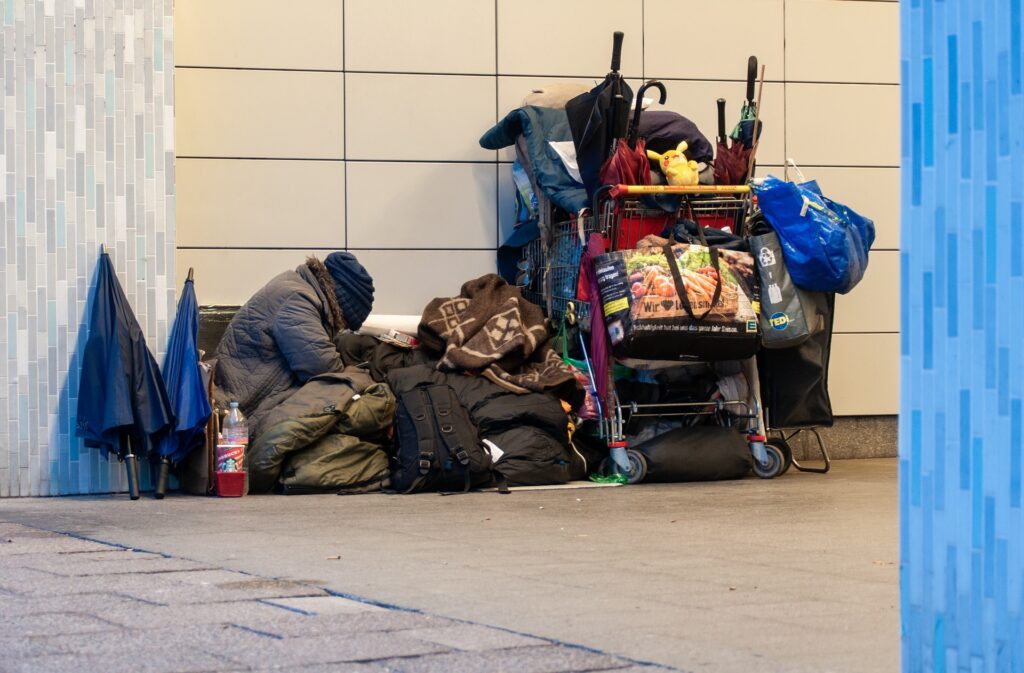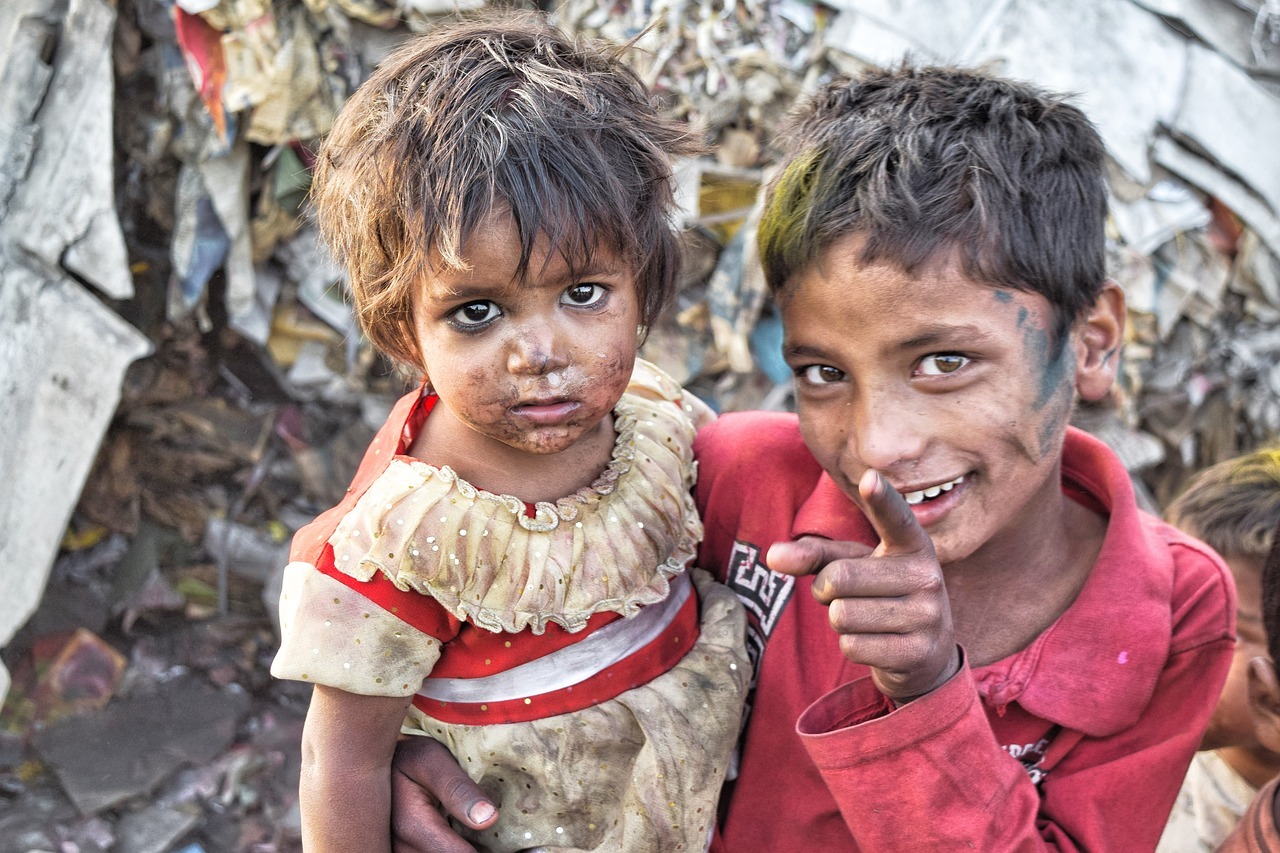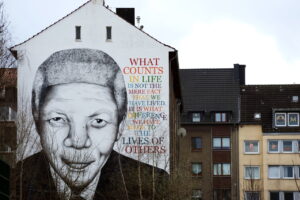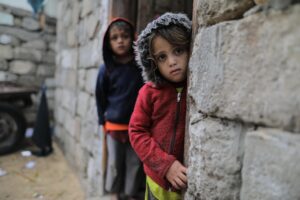A Theology of Liberation
In 1973, Peruvian theologian Gustavo Gutierrez’s ground-breaking A Theology of Liberation was published in English. This wonderfully erudite yet readable publication invited disciples of Jesus to recognise Christ present in the poor and oppressed. But not only were we to recognise Christ present in oppressed groups, we were to be in solidarity with them in their struggles for social justice.
Pre-Vatican II Mission
This was what mission came to ask of us in the latter decades of the 20th century – solidarity with the poor. In a pre-Vatican II church, mission was primarily about the growth of the institutional church through conversion of pagans, those supposedly “living in darkness.” The important gospel text was Matthew, “go and baptise all nations in the name of the Father, and of the Son, and of the Holy Spirit” (Matt 28:19).
After Vatican II, mission was seen as being faithful to the mandate we find in Luke to bring good news to the poor (4:18), and in Matthew, where Jesus teaches his disciples that when they care for the least of his brethren, they care for him (25:39).

Living with Dignity
When concerned voices are raised about growing social and economic inequalities, right-wing commentators identify such concern as the “the politics of envy.” But poverty needs to be addressed, not only by politicians, but by other powerful institutions like the churches. Why?
People who live in poverty, are often people who live without dignity. It is wrong to see poverty as the result of personal inadequacies and while there is a minority who may try to work the system to their advantage, structural injustice rather than personal inadequacies is the root cause of poverty today in countries like New Zealand or Canada. What is most concerning for families living in poverty is the flow-on effects that impact on health and well-being.
Power and Privilege
So why does making an option for the poor warrant attention in society today? We need to analyse our society see who has power, and who does not, and how that power is used. Those with wealth assets – inherited wealth, significant investment portfolios, mortgage free properties and land, as well as good work-generated income, call the shots in both overt and covert ways. In the West, political, economic, and ideological structures favour the agendas of those who are economically and socially advantaged.

Jesus and Social Justice
I have been helped in understanding how action for social justice is integral to our mission by reflections on the gospels. Jesus was a tradesman, he was a Jew, his first disciples were fishermen. As a tradesman Jesus was somewhere there in the middle of Palestine’s hierarchically structured society. Although Jesus tells us that the Son of Man had nowhere to lay his head (Matt 8:20), he had freely chosen to embrace the life of an itinerant preacher and healer. This points to his freely chosen identification with the poor.
A Ministry of Compassion and Mercy
Two aspects of Jesus’ ministry emerge as significant in any reflection around what an option for the poor means. First, Jesus constantly demonstrates great compassion for the poor, the outcasts, and the sinners, those right at the bottom of the social ladder in 1st century Palestine. If we look at Jesus’ miracles, almost without exception they are intended to help those whom the ruling classes considered as inferior, those whom the priestly class and the Pharisees claimed were “unclean.”
Second, Jesus condemns those who marginalise the poor and oppressed. Jesus always demonstrates compassion and mercy towards the lower classes, and so finds himself in conflict with those above him on the social ladder, a position with ultimately leads to his death by the ruling classes. Jesus shows us who are probably middle class what making an option for the poor means – being of the side of the under classes, and, challenging the upper classes.
Susan Smith RNDM is a lecturer emerita in The University of Auckland’s Department of Theology. Her PhD was on developments in Catholic missiology after Vatican II. After her retirement from The University of Auckland, Susan also provided NT modules for the University of Newcastle, Australia, and a Women in Leadership module for Duquesne University. Susan lives with another member of her congregation in Whangarei, New Zealand, where both are committed to exploring experientially what it means to live in an eco-community. Both are involved in neighborhood environment organizations. They are particularly interested in what might shape eco-spiritualities in New Zealand.





Thank you for your reflections on the “preferential option for the poor”. I too remember Gustavo Gutierrez’s work from so long ago, which still has such resonance today. And of which we in the west need to be reminded often.